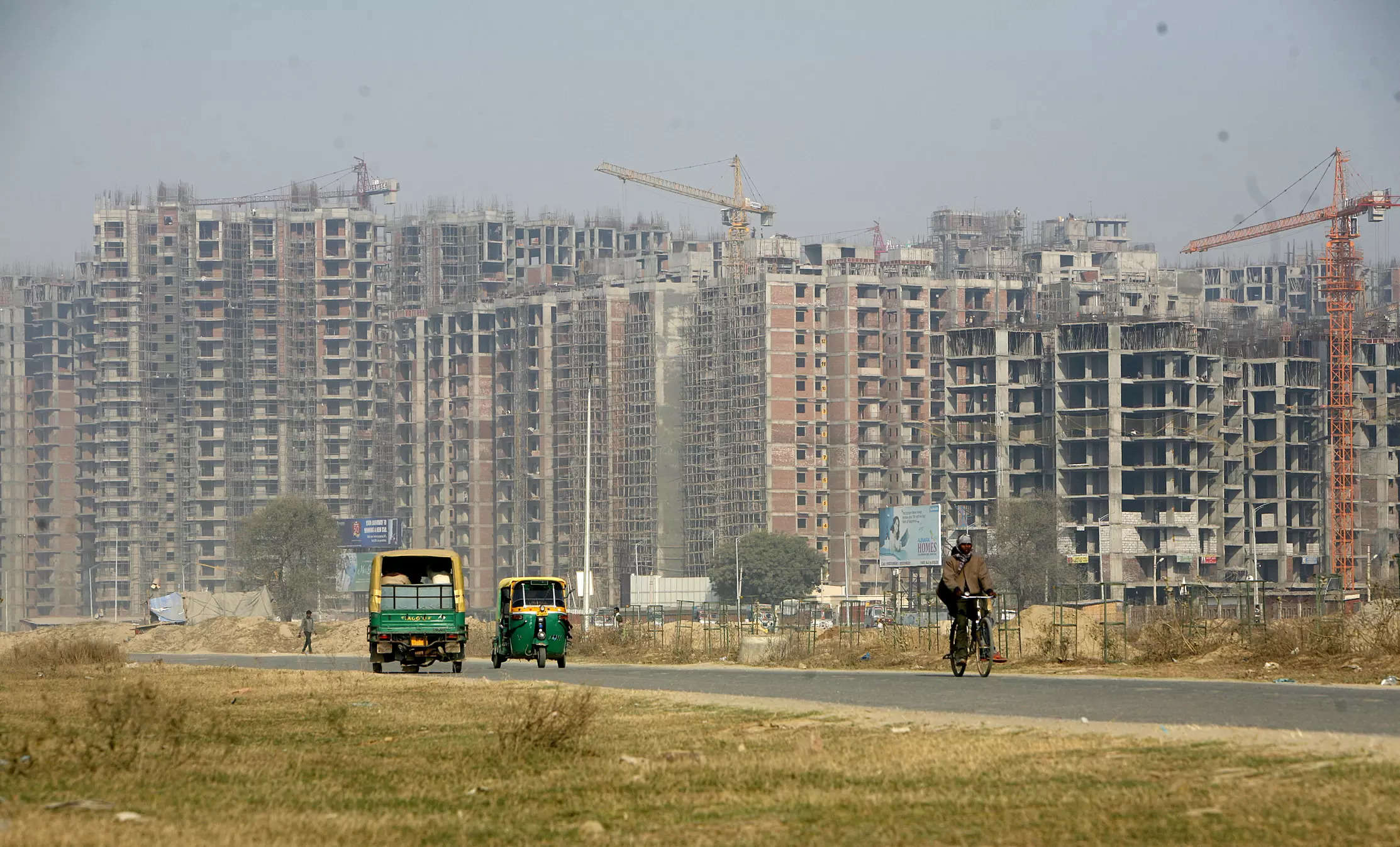Residential price growth continues to slow globally, Indian cities significantly gain

Residential price growth continues to slow globally, Indian cities significantly gain
The latest report from Knight Frank, titled ‘Global Residential Cities Index Q2 2023,’ reveals a significant slowdown in residential price growth across 107 cities worldwide. In the second quarter of 2023, year-on-year (YoY) residential price growth stood at 1.7%, marking a substantial decline from the 11.7% YoY growth recorded in the same period in 2022. Notably, this growth rate is even lower than the figures observed during the initial wave of the pandemic when growth dipped to 2.9% in the second quarter of 2019.
Knight Frank’s Global Residential Cities Index offers a comprehensive overview of trends in mainstream housing markets, encompassing over 100 cities around the globe. This index serves as a valuable resource for tracking and understanding the evolving dynamics of residential property markets on an international scale.
The sharp deceleration in residential price growth suggests a notable shift in the global housing market landscape. Various factors, including economic conditions, housing supply and demand, government policies, and the lingering effects of the COVID-19 pandemic, can influence property market trends. The report’s findings indicate that many cities are experiencing a slowdown in housing market activity and price appreciation compared to the previous year.
This information is crucial for property developers, investors, policymakers, and anyone interested in the global real estate market. It provides insights into how different cities are faring in terms of residential property values and can inform decision-making regarding real estate investments and strategies in various locations worldwide. The report’s quarterly updates enable stakeholders to stay current with the latest developments and trends in global residential real estate markets, contributing to more informed decision-making in this dynamic sector.
Mumbai has made a remarkable leap on Knight Frank’s Global Residential Cities Index Q2 2023. With an annual percentage change of 6%, the city has surged 76 places to secure the 19th position on the index. This substantial climb is especially noteworthy as Mumbai has jumped from the 95th position in Q2 2022 to become the 19th highest ranking city on the global index.
Mumbai’s impressive rise on the index signifies a notable increase in residential property prices in the city over the past year. Such positive movement in rankings reflects the dynamic nature of Mumbai’s real estate market and underscores the city’s attractiveness to property investors and buyers.
The fact that Mumbai is the highest-ranking Indian city by percentage increase on the global index further underscores its significance as a real estate market. The Indian property market has seen varying trends and performance across different cities, and Mumbai’s surge in rankings highlights its resilience and appeal to investors and homebuyers.
This development in Mumbai’s residential property market could be influenced by a range of factors, including local economic conditions, supply and demand dynamics, government policies, and investment activity. For individuals and organizations interested in real estate in Mumbai, this news serves as a valuable indicator of market trends and investment potential in one of India’s most prominent cities.
The latest data from Knight Frank’s Global Residential Cities Index Q2 2023 reveals significant shifts and trends in residential property prices across several Indian cities:
- Mumbai: Mumbai has shown remarkable growth, climbing 76 places to secure the 19th position on the global index. With an annual percentage change of 6%, it has experienced a substantial increase in residential property prices.
- Bengaluru: Bengaluru has also witnessed significant growth, ascending to the 22nd position on the global index from the 77th position in Q2 2022. The city recorded residential price appreciation of 5.3% YoY in Q2 2022.
- New Delhi: New Delhi ranks third among Indian cities and 25th globally, with residential price appreciation of 4.5% YoY in Q2 2023. This marks a notable improvement from its 90th rank in Q2 2022, climbing 65 spots.
- Chennai and Kolkata: Chennai and Kolkata rank fourth and fifth, respectively, among Indian cities. Globally, they hold the 39th and 40th positions on the index, both with a price appreciation of 2.5% in the residential asset class. This marks a significant improvement from their rankings in the previous year, highlighting their recent growth.
These findings indicate dynamic trends in India’s residential property markets, with several cities experiencing noteworthy increases in property prices. Factors contributing to this growth may include local economic conditions, demand for housing, government policies, and investment activity.
Globally, the Turkish capital, Ankara, leads the Global Residential Cities Index Q2 2023 with the highest growth rate of 105.9%, followed closely by Istanbul at 85.1%. On the other end of the spectrum, Stockholm ranks lowest in terms of price appreciation, with a decline of -14.3%.
The significant changes in rankings and price appreciation across various cities underscore the diverse nature of the global residential property market and provide valuable insights for investors and individuals interested in real estate trends and investment opportunities.
Liam Bailey, the Global Head of Research at Knight Frank, has provided insights into the current global housing market trends. He notes that there are early signs of improvement in several key global city markets.
While it’s suggested that rising interest rates may be in the past, homeowners should anticipate the continuation of current interest rate levels for the foreseeable future. This expectation is likely to temper the pace of recovery in the global housing market. It underscores the importance of interest rates as a key factor influencing the dynamics of the housing market.
Shishir Baijal, Chairman & Managing Director of Knight Frank India, has highlighted the positive performance of residential prices in India since the start of 2022. Despite the rise in interest rates, strong demand has been observed, leading to increased sales volumes. Baijal attributes this resilience in the Indian market to the country’s relatively robust economic fundamentals. He anticipates that this strength will continue to support demand for residential properties in India, benefiting both domestic homebuyers and international investors.
These insights from Knight Frank’s experts shed light on the global and Indian housing market scenarios. They emphasize the significance of factors like interest rates and economic fundamentals in shaping market conditions and influencing buyer and investor behavior.



